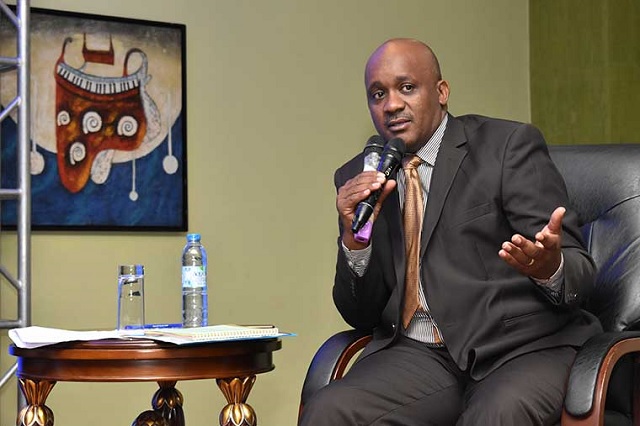
Kampala, Uganda | THE INDEPENDENT | The government of Uganda has proposed a raft of measures aimed at improving public expenditure next year, but also to reduce reliance on external support, raising questions as to how half of the budget will be financed.
The budget process for 2023/24 which climaxes in June 2023 with the Budget speech, will see several government entities receive lower allocations than in the current year, while some activities will be greatly cut down, according to the Ministry of Finance, Planning, and Economic Development.
In its second budget call circular for financial year 2023/2024, the ministry says there will be no new borrowing next financial year. “This shall continue over the short-to-medium term so as to minimize the share of URA revenues being used to service debt in the medium term so as to be more resources available to finance critical development priorities of the government,” the statement says.
According to the target set for Uganda Revenue Authority by the ministry of finance, the tax body is expected to raise 28.8 trillion shillings next financial year, with 2 trillion being from non-tax revenue. With the budget totaling about 50 trillion shillings, this means the government would have to look elsewhere to get the rest (about 22 trillion) needed to meet the spending requirements, and the natural option is always borrowing.
Advocates for reduced government spending have welcomed the new measures, especially in regard to the cut in expenditure and reduced borrowing. “This budget call circular is one of a kind, we have never seen. It’s responding to the current crisis, addresses lessons from the past and the cries of the civil society,” said the Civil Society Budget Advocacy Group, CSBAG.
The Budget Framework approved by parliament earlier this month provided for budget support of 2.4 trillion shillings and domestic borrowing of up to 1.6 trillion shillings while external project support would amount to 8 trillion shillings. The preliminary resource envelope for the year has since been adjusted upwards to 50.871 trillion Shillings.
The question being asked now is whether the country can leave without borrowing for the next one to three years. “Yes, We can, if we cut our budget and fit it within our resources. I think this was long overdue” says CSBAG Executive Director, Julius Mukunda.
According to the ‘repurposed budget’, the activities which have been cut include government travels, vehicle purchases, workshops, and seminars, while the commencement of new non-concessional projects and salary enhancements, among others, have been suspended.
These measures are expected to lead to more savings to fund more critical areas.
The decision not to borrow will reduce the available resources for spending, especially in the short-to-medium term, but is expected to ease the situation in the longer term.
This is because the rate of increase in the national debt has been growing much faster than domestic resource mobilization, which in turn raises faster the government burden to service the debt stock.
This impacts the resources available for discretionary spending (after covering statutory expenses) which fell by 3.37 trillion to around 23 trillion shillings this year. So the ability to increase spending on other needs is also curtailed. The solution then becomes suspending borrowing so that in the future, with the debt burden reducing or not increasing, the discretionary resources may increase and give the government more budgetary space.
In fact, interest payments increased from 4.6 trillion last year to 5.9 trillion shillings. The pressure has been worsened by the International Monetary Fund on the Ministry of Finance, to either clear the 25 trillion shillings it owes the Bank of Uganda or forego the credit releases approved for Uganda.
The government has set aside about 1.6 trillion as installments towards its obligation to the BOU, bringing the total to almost 2.4 trillion shillings, further increasing the total it has to pay during the year. Mukunda does not see why the government should continue borrowing considering the weak loan application capacity of the government.
“Our capacity to utilize borrowed money is extremely limited and low. The latest I have is 15 billion shillings in an unutilized loan. Add the number of projects that have been removed from the Public Investment Management Profile. So why should we continue borrowing?” he wonders.
Mukunda concedes that suspension of borrowing will mean reduced spending and therefore, lower economic growth, but says the advantages are bigger. “Yes, of course, it is going to constrain and probably reduce our rate of growth because if we had bigger money, probably it would have given us more mileage. But I think we rather not borrow than be in debt distress. And then we are blacklisted as a junk state and a junkeconomy,” he said.
PS Ggoobi says the economy is projected to grow at 6 percent next financial year, up from 5.2 percent this year.
*****
URN
 The Independent Uganda: You get the Truth we Pay the Price
The Independent Uganda: You get the Truth we Pay the Price



